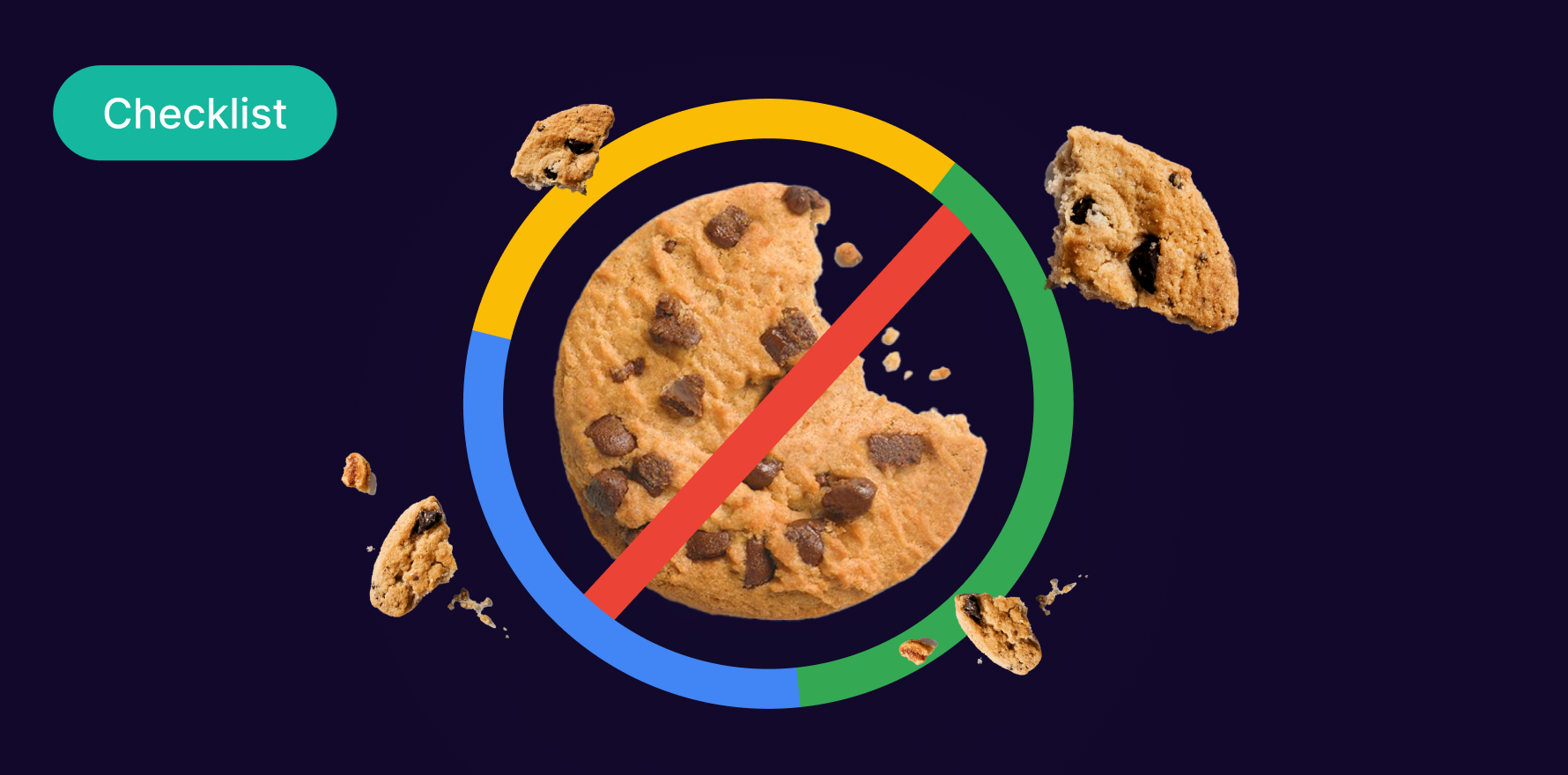What is Zero-Party Data?
Zero-Party Data is deeply interlinked with the ecommerce landscape. In an era striving for data privacy and highly personalized experiences, 0PD stands out as a highly valuable commodity that serves both objectives, ensuring businesses can build trust and deliver tailored offers to their customer base.
Formula
Zero-Party Data = Voluntarily Shared Data by Individuals
Example
Imagine an ecommerce store selling eco-friendly products. A customer fills out a quiz on their website indicating her preference for vegan skincare products, her willingness to pay a premium for sustainable goods, and her allergy to particular ingredients. This information is rich, actionable zero-party data that allows the brand to not just personalize her shopping experience but also to make strategic business decisions.
Why is Zero-Party Data important?
- Personalization: Understanding customers on a deeper level helps in delivering highly personalized experiences, product suggestions, and communication.
- Trust: As it’s gathered with the customer’s consent, it fosters trust making your brand more sincere and ethical.
- Accuracy: Since customers directly provide the information, it’s highly accurate as compared to inferred data from third parties.
Which factors impact Zero-Party Data?
The quality and quantity of zero-party data are impacted by several factors. These include how the data is collected, consumer trust in the brand, and the perceived value that the customer will receive in exchange for their data.
How can Zero-Party Data be improved?
Brands can improve zero-party data collection through several methods. Interactive experiences like quizzes, surveys, and polls provide a non-intrusive, engaging way to gather this information. Offering incentives or exclusive content can also motivate customers.
What is Zero-Party Data’s relationship with other metrics?
Zero-party data can positively influence several ecommerce metrics. For example, it can help increase conversion rates by personalizing the shopping journey. It can also reduce cart abandonment rates by ensuring relevant products are suggested to the customers.
Free essential resources for success
Discover more from Lifesight

















